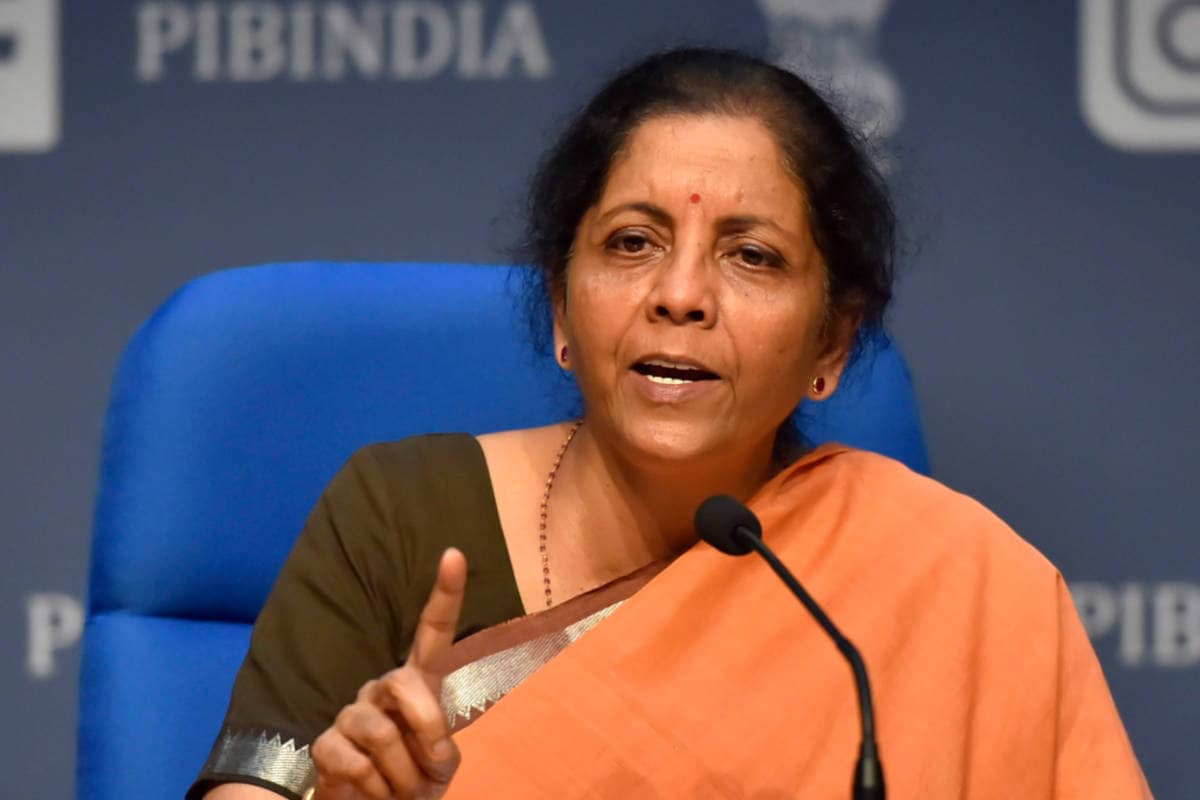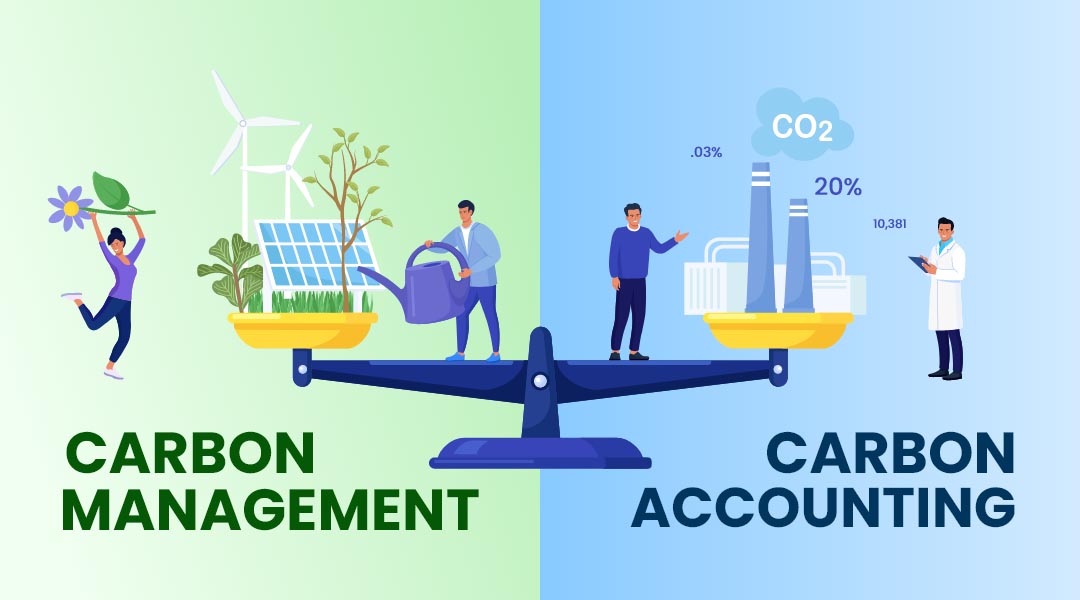Develop Expertise in Carbon Accounting, ESG: FM Urges CAs 2023

Develop Expertise in Carbon Accounting, ESG: FM Urges CAs 2023
In order to better serve their customers, Finance Minister Nirmala Sitharaman on Thursday requested that Chartered Accountants (CAs) become knowledgeable about international advancements like carbon accounting and ecological, social, and governance (ESG) related audits.
It will be necessary to negotiate on behalf of your clients whether transferring technology, money, or forming partnerships. Therefore, you might want to build up fresh criteria until you are familiar with newly expanding areas and understand what the expectations are, Sitharaman remarked.

You will need to establish best practises in each of these categories. Give it your all, she advised, speaking at an ICAI (Institute of Chartered Accountants of India) event in Bhubaneswar. She also said that beginning in July of next year, a new course for CAs that was revealed on July 1 will be implemented and will be of crucial value.
The notion of accounting as a time-consuming, manual procedure is quickly changing. Technology, whether used in manufacturing or the service industries, attempts to increase productivity, according to her.
If Indian chartered accountants can take advantage of the free trade agreement being negotiated with the UK, they will gain greatly, according to the minister.
In a recent call to action, the Finance Minister (FM) has urged Chartered Accountants (CAs) to develop expertise in carbon accounting and Environmental, Social, and Governance (ESG) matters. This reflects the growing importance of sustainability in today’s corporate world.

As businesses increasingly focus on reducing their carbon footprints and integrating ESG considerations into their strategic plans, there is an urgent need for professionals who can provide expert advice and guidance in these areas. Chartered Accountants, with their skills in financial reporting and analysis, are well-positioned to step into this role.
Carbon accounting refers to the process of measuring, reporting, and verifying the amount of carbon dioxide equivalents that an organization emits directly or indirectly.
This can involve a wide variety of activities, from calculating the emissions generated by a company’s operations and supply chain to advising on how emissions can be reduced through changes in operations or investments in carbon offset projects.
ESG stands for Environmental, Social, and Governance, which are three key factors used to measure the sustainability and ethical impact of an investment in a business.
As stakeholders and investors become increasingly conscious about the planet and the society in which they invest, ESG factors have become crucial. Companies with strong ESG profiles are generally perceived to be less risky and more resilient, which makes them attractive for investors.

With their background in auditing, financial reporting, and compliance, Chartered Accountants are uniquely positioned to assist companies in the transition towards a sustainable future. The FM’s urging for CAs to develop expertise in carbon accounting and ESG is based on several roles that CAs can play:
- CAs can provide assurance services on the reliability and accuracy of the ESG information reported by companies. This is crucial for investor confidence, as it ensures that the data being reported is trustworthy and comparable.
- CAs can also act as strategic advisors, helping companies to integrate ESG considerations into their corporate strategies. This can involve identifying risks and opportunities associated with ESG factors, and advising on how to align the company’s strategy with sustainability goals.
- With a growing number of countries implementing regulations that require companies to disclose their ESG performance, CAs can help companies navigate these complex regulatory landscapes and ensure that they are in compliance with all relevant laws and standards.
- CAs, given their educational background, can also play a role in educating other professionals, stakeholders, and the public on the importance of carbon accounting and ESG issues.
For Chartered Accountants to effectively step into these roles, specific training and education are necessary.
Professional accounting bodies can develop and offer specialized training programs on carbon accounting and ESG to help CAs gain the skills and knowledge they need.
Regular CPD programs focused on sustainability, ESG trends, and carbon accounting can keep CAs updated with the latest standards and practices.
Partnerships between professional accounting bodies and sustainability organizations can facilitate the exchange of knowledge and best practices.

The Finance Minister’s call for Chartered Accountants to develop expertise in carbon accounting and ESG is a timely and critical one.
As sustainability issues continue to climb up the corporate agenda, the demand for professionals who can provide expert advice and guidance in these areas is set to grow. Chartered Accountants, with their unique combination of skills in finance and compliance, are ideally placed to meet this demand.
By investing in further education and training in carbon accounting and ESG, CAs can play a pivotal role in steering businesses toward a more sustainable and responsible future.
This will not only benefit the companies they advise but will contribute to broader societal goals of combating climate change and promoting social and economic justice.
In this regard, the FM’s urging represents a vision for how the accounting profession can evolve and adapt to meet the pressing challenges of our time.





